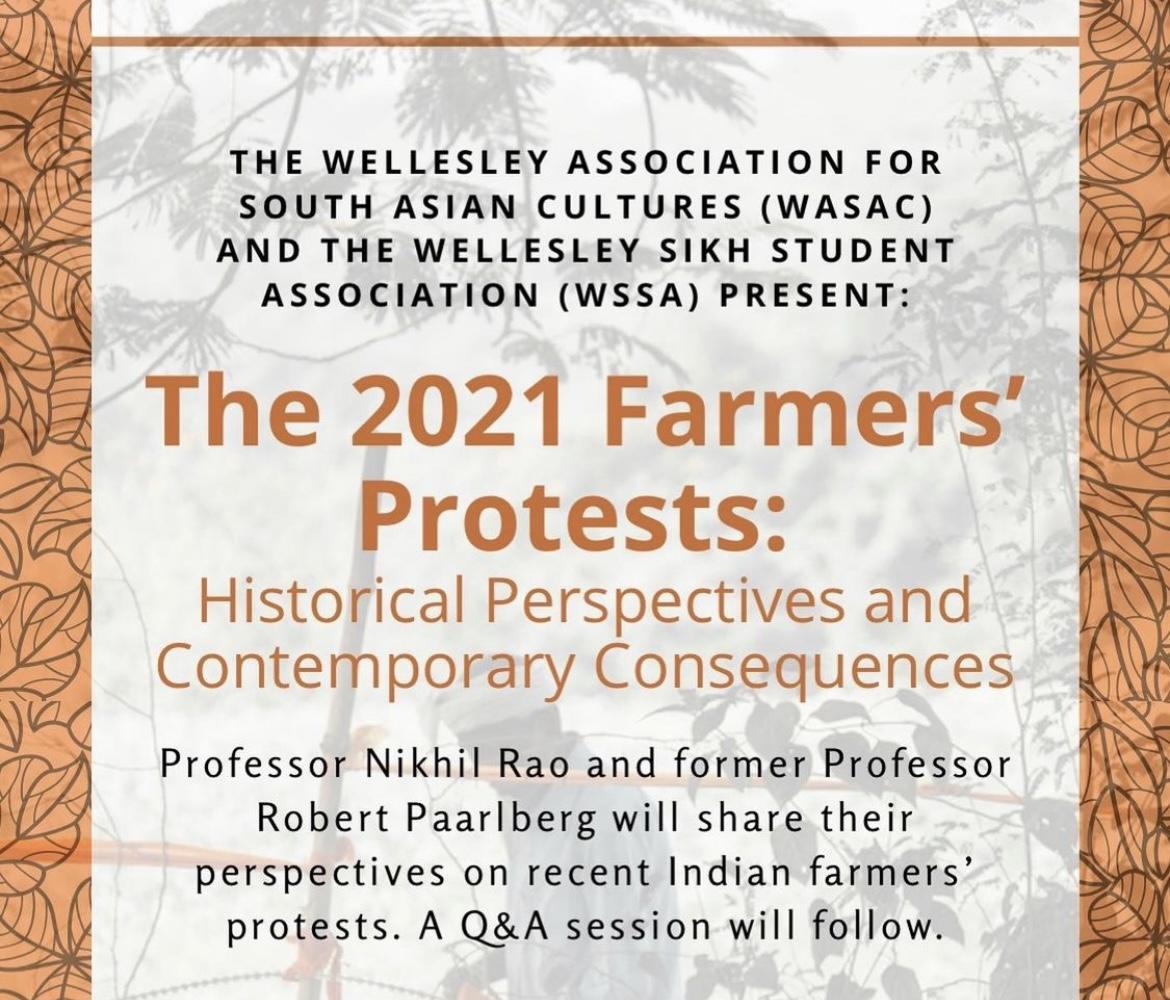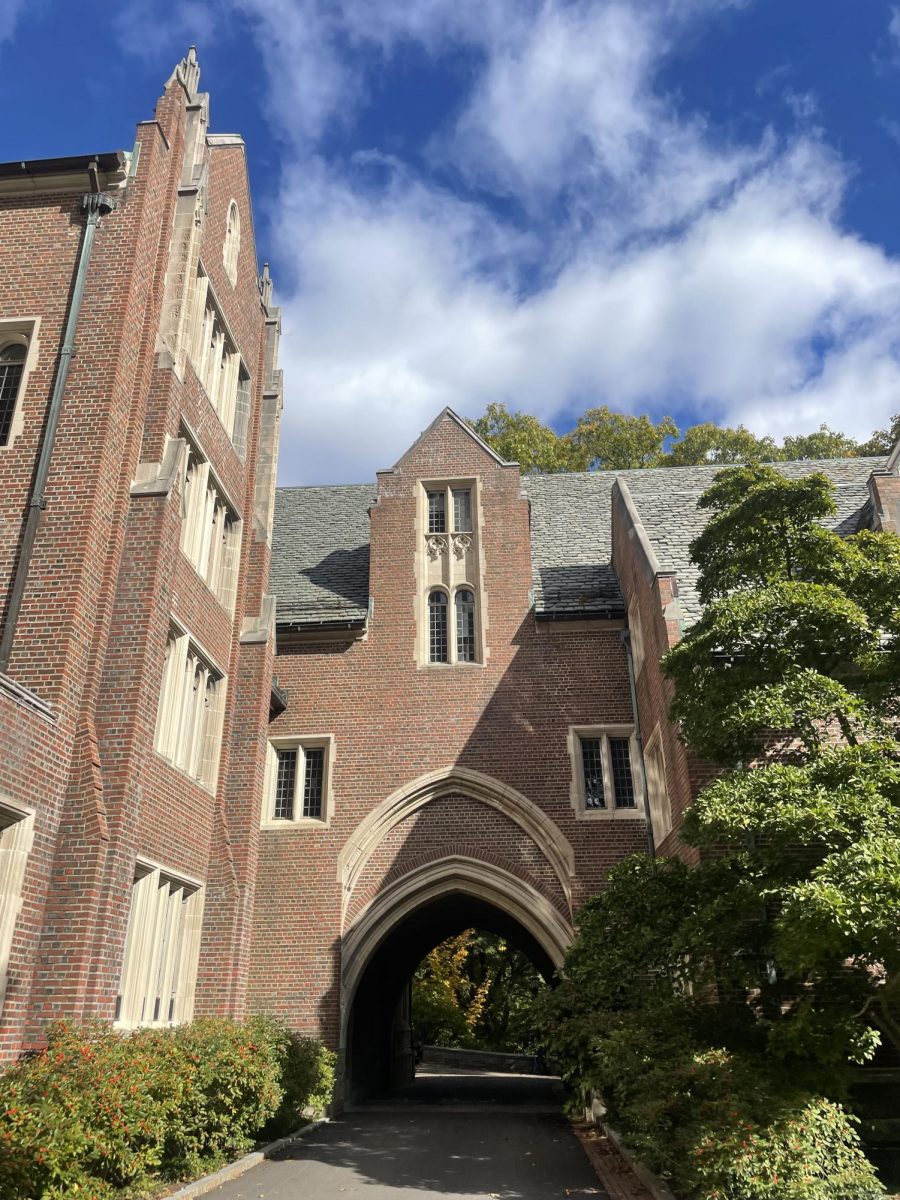For the past seven months, there have been ongoing protests opposing three agricultural reform bills announced by the Modi government that would completely reshape agricultural markets. The protesters, who were initially predominantly Sikh, are opposed to the bills because they say it gives too much freedom to corporations and relaxes what they view as necessary regulations to protect smaller farmers.
Although the protests have been occurring for months, they were propelled to international attention by a tweet from Rihanna on Feb. 2. The tweet, which reads, “why aren’t we talking about this?!,” links an article that detailed internet shutdowns around New Delhi in the wake of the protests moving into the Indian capital on Jan. 26, India’s Republic Day, which marks the date when the Indian Constitution came into effect in 1950.
Along with the international attention garnered from posts on social media by celebrities and advocates such as Rihanna, Greta Thunberg and Meena Harris, there was also a lot of backlash. Many advocates encouraged support for the protesters and condemned crackdowns in India on the press and protesters. However, many Indians said foreigners should stay out of this, as it was an internal matter of Indian politics.
However, Kismat Dhaliwal ’21, president of WSSA, the Wellesley Sikh Student Association, begs to differ.
“I have family members who are protesting in India right now who have been sitting there for months at this point, but I also think that it is important for people from the West to get involved, to raise awareness, because we have more of a platform,” she said. “A lot of the time, the people in India don’t have the freedom to actually speak out. And for them the backlash could be much, much harsher than what we are necessarily facing in the US.”
Isha Gupta ’21, co-president of WASAC, the Wellesley Association of South Asian Cultures, also emphasized the importance of the protests internationally.
“Well, it’s kind of the biggest protest movement in the world right now, and it deals with issues regarding economic equality… as well as equality on the lines of identity,” she said. “This movement has been labeled by the government in a way that positions a Hindu majoritarian agenda that they’re trying to pursue against predominantly Sikh farmers, labeling them as Khalistani, which has been weaponized to essentially mean terrorists.”
Dhaliwal has a personal stake in the protests, and felt an obligation to speak out in support of her community and utilize her platform as a member of the WSSA. Her family has been farming for generations and her grandmother was running their farm on her own, at a time when it was not typical for a woman to be handling a business on her own.
“It was really difficult and these same difficulties have continued today. So, I think a big reason why this means a lot to me is that I know that I wouldn’t be able to be at a place like Wellesley. I wouldn’t be able to have this position of privilege to speak out. I wouldn’t have this platform if it weren’t for the generations of farmers before me,” she said.
She also praised other Wellesley organizations for raising awareness about the protest. In Dec. 2020, WSSA and WASAC collaborated to raise $1,382.67 for farmers and their families in India. Dhaliwal was inspired by the collaboration and the support both organizations received.
“It means a lot that I’m actually able to use my voice [and] use the platform of the Wellesley Sikh Student Association, and also to see so much collaboration with other Wellesley organizations to actually make a change,” she said.
Although both WASAC and WSSA are not political organizations, both Dhaliwal and Gupta felt an obligation to speak out on this issue and spread awareness. WASAC used to send out formal political statements regarding current events, but they have now pivoted to sending out a newsletter centering on political issues in South Asian countries. Gupta explained the struggle of balancing political awareness and declaring a political stance outright.
“It’s hard to grapple with the fact that there are diverse views within our group, but there’s also an obligation to take a stand on an issue,” she said. “We dealt with this when the current government of India passed Article 370, Section 35 A [regarding] Kashmir. How do we take a stand on the issue that reflects how many innocent lives have been terrorized by the current actions of the Indian government, [but] also add in the fact that not everyone in our organization feels that way?”
Dhaliwal also explained that although WSSA exists primarily to provide religious resources to Sikh students, they also moved towards hosting lectures and events regarding the intersection of religion and historically-political issues. She also emphasized the importance of speaking out as an organization rather than just on an individual level.
“As a group we have that platform that I think we don’t necessarily have as individuals,” Dhaliwal said. “[There] has been kind of a larger movement actually across [Sikh Students’ Associations] across the country, which has been really exciting and it’s really cool that Wellesley has been represented in that, especially seeing that we’re one of the only, if not the only, Sikh Students’ Association from a historically women’s college.”
Gupta also spoke of the obligation and the backlash to speak out, even as a technically apolitical organization.
“We have membership from diverse members of the community. And we do have an obligation to provide a space for everyone of South Asian descent and to be welcome in our events,” she said. “I think one of our political chairs summed it up nicely: ‘You can’t divorce the political from everything in life.’”






